Why Choose Organic: 17 Benefits of Eating Organic Food
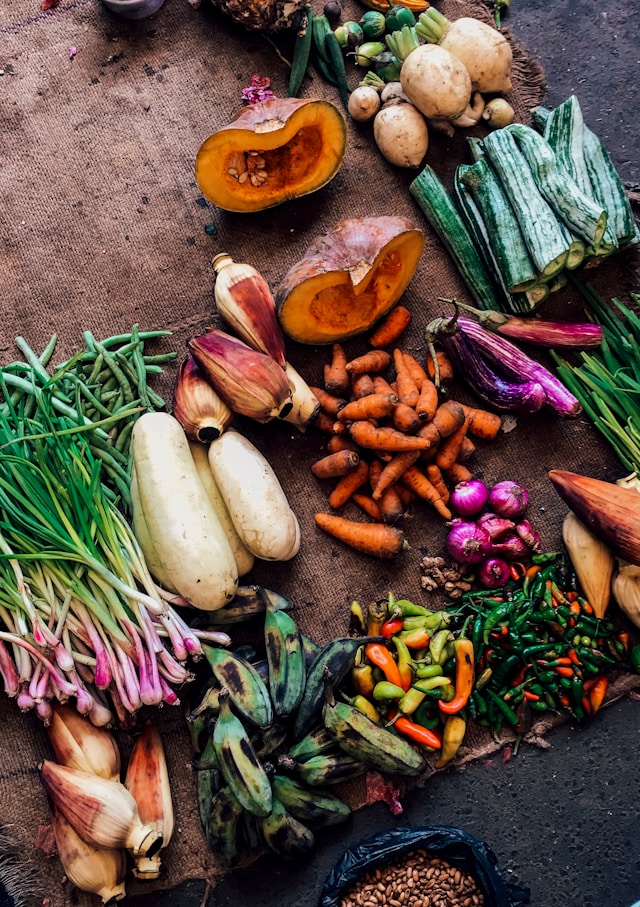 In today's world, more and more people are becoming health and environment conscious, and one of the ways to achieve good health is through eating healthy foods. When it comes to food choices, people are often faced with choosing between organic and non-organic foods. The concern is in the production of the foods and their impact on the environment, animals, and human health. For ethical consumers, the concern is in the mistreatment of livestock and adverse impacts on mother nature. The rest of the population is more conscious of the health risks following food consumption. To clear your doubts and guide your food decision, we have compiled 17 benefits of organic foods.
In today's world, more and more people are becoming health and environment conscious, and one of the ways to achieve good health is through eating healthy foods. When it comes to food choices, people are often faced with choosing between organic and non-organic foods. The concern is in the production of the foods and their impact on the environment, animals, and human health. For ethical consumers, the concern is in the mistreatment of livestock and adverse impacts on mother nature. The rest of the population is more conscious of the health risks following food consumption. To clear your doubts and guide your food decision, we have compiled 17 benefits of organic foods.
What Are Organic Foods?
Organic foods are foods that are grown without the use of synthetic fertilizers, pesticides, herbicides, and genetically modified organisms (GMOs). Organic farmers use natural methods to manage pests and diseases, conserve soil and water, and protect biodiversity. Organic foods are also produced in compliance with strict regulations and standards set by government agencies and third-party certifying bodies.
1. 17 Benefits of Eating Organic Food
Here are some of the benefits of eating organic foods.
2. Reduced Chemicals in Your Diet
One major factor differentiating organic and non-organic foods is the presence of chemicals. Generally, organic foods are grown naturally without herbicides, synthetic pesticides, and fertilizers. These additives tend to be harmful to your health and can affect the environment. Non-organic foods, on the other hand, may contain residues of these chemicals, which can accumulate in the body over time and have adverse effects on health. For example, there might be remaining pesticides on nuts and seeds grown artificially.
By opting for natural superfoods, you can enjoy the peace of mind that comes with knowing you're nourishing your body with wholesome, chemical-free ingredients.
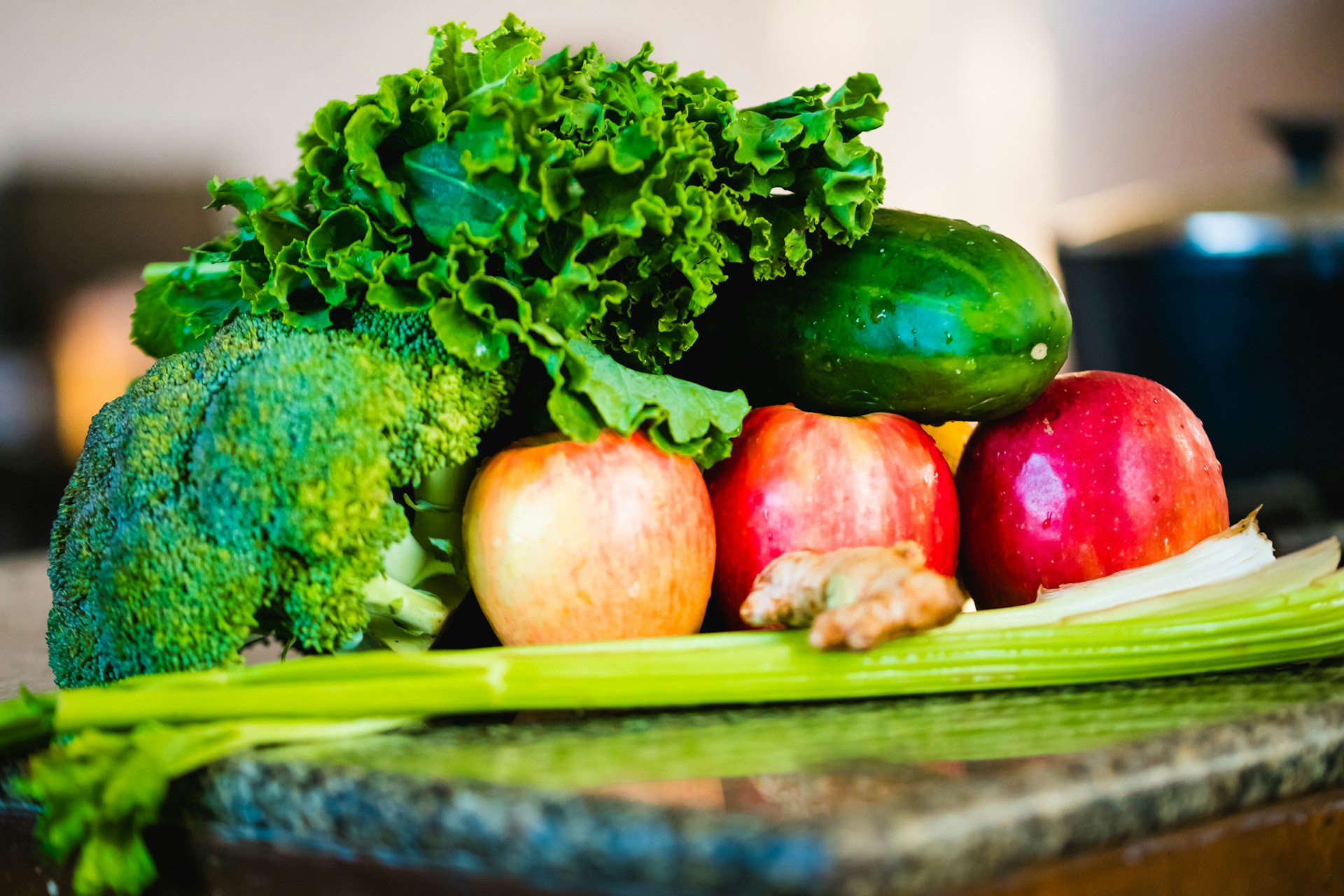 3. Create and Maintain Healthy Soil
3. Create and Maintain Healthy Soil
The USDA requires growing organic food without herbicides, an environmentally sustainable practice. Organic farming promotes soil health, including its structure, pH, and microorganisms, water resources, and protects biodiversity. Other benefits of organic food production include soil rebuilding and preventing harmful chemicals from finding their way into water bodies.
4. GMO-Free Foods
An organic farmer should not plant GMO seeds, nor should an organic animal eat GMO corn or alfalfa. This saves consumers from GMOs' potential risks, including pancreatic, reproductive, and renal effects.
5. No Preservatives
Organic foods contain zero artificial preservatives, flavors, and colors, which makes them healthy snack options, especially for kids. The synthetic substances in packaging organic foods undergo review by government and independent experts, posing zero risks to the consumers.
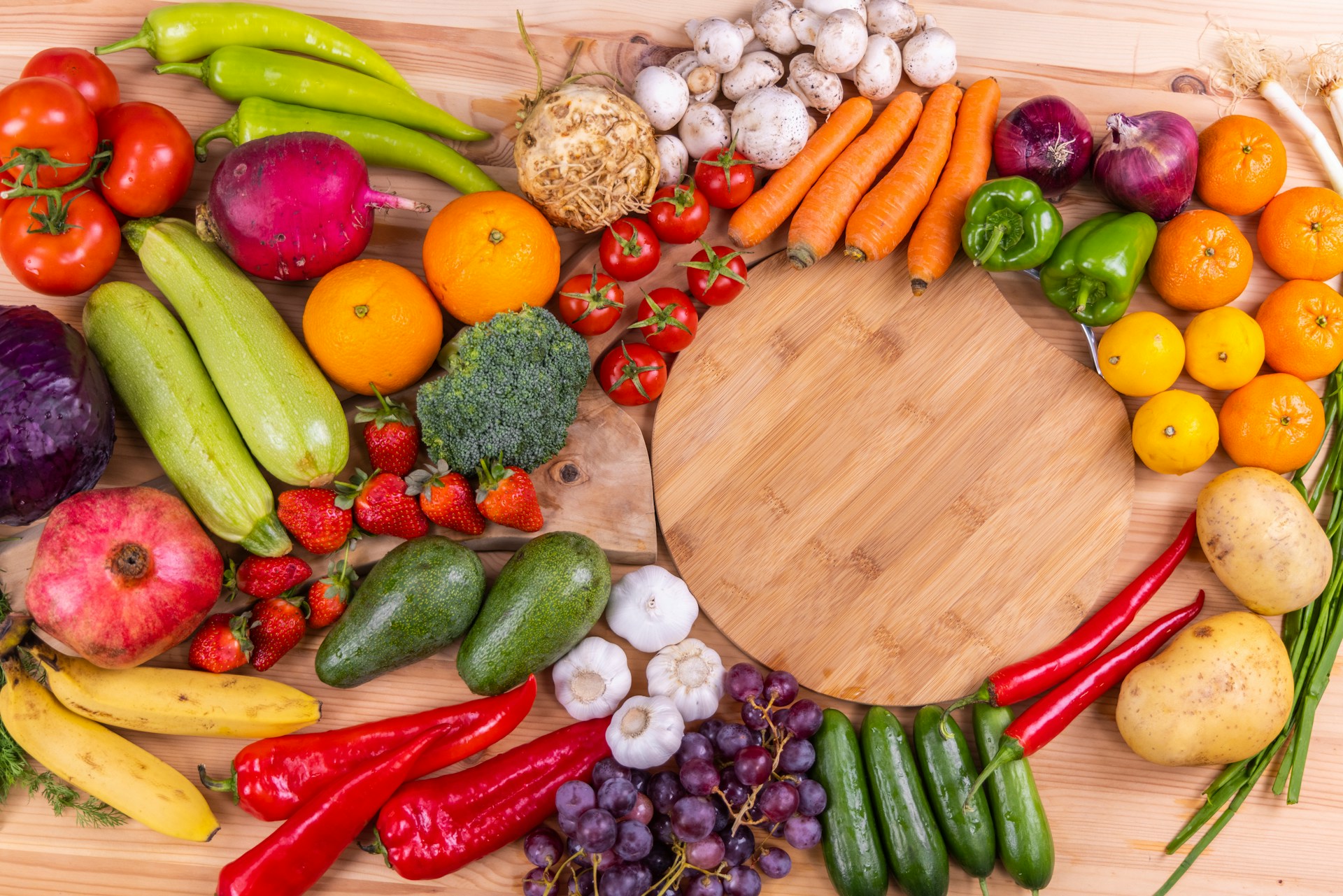 6. Support the Local Economy
6. Support the Local Economy
Organic foods tend to cost more than non-organic foods. This is because organic farming practices require more labor and resources than non-organic farming practices. Farmers also pay fees for organic certification and must comply with stricter regulations, which adds to the production cost. Therefore, by choosing organic foods, you are not only taking care of your health but also supporting sustainable and environmentally friendly farming practices and the local economy.
7. No Hormones and Antibiotics
Inorganic farmers and processors often inject their meat and poultry with antibiotics, which may be harmful in different ways. These farmers also pump their livestock with hormones for more milk production. Humans that eat or drink foods injected with hormones and antibiotics will be at risk of cancer. Eating organic foods is therefore advantageous, as they do not have this problem.
 8. Foods with Higher Nutritional Value
8. Foods with Higher Nutritional Value
Another benefit of organic food is its high nutritional value. Numerous studies revealed that increased nutrient levels for organic foods, including higher antioxidant content in organic fruits and vegetables, lead to better overall health outcomes for those who consume them regularly. Organic meat and eggs are also rich in omega-3 fatty acids, which are useful in lowering blood pressure and reducing the risk of heart attacks and stroke. Omega 3 fatty acids can also be found in an assortment of mixed nuts, seafood, and plant oils. Other advantages of organic food include improved brain and eye health.
9. No Food Irradiation
Food irradiation entails exposure to intense ionizing radiation. This process breaks the chemical bonds in the food using radiant energy such as X-rays, electrons, and gamma rays, reducing microorganisms. Consuming irradiated foods increases the risk of cancer. Organic foods, on the other hand, do not undergo irradiation, making them cancer-free.
10. Helps Fight Climate Change
Another benefit of organic foods is the emittance of fewer GHGs. This is courtesy of the fewer chemicals in their production and packaging. By promoting healthy soils, organic farming fights climate change by pulling out carbon from the atmosphere, similar to how forests and prairies act as carbon sinks.
11. Pollinator-Friendly Crops
Generally, organic farming produces pollinator-friendly crops and protects wildlife, bees, and other pollinators from toxic substances. Besides prohibiting the use of synthetic pesticides, most of which are toxic to pollinators, organic food production improves natural resources and fosters biodiversity.
12. Healthier Farmworkers
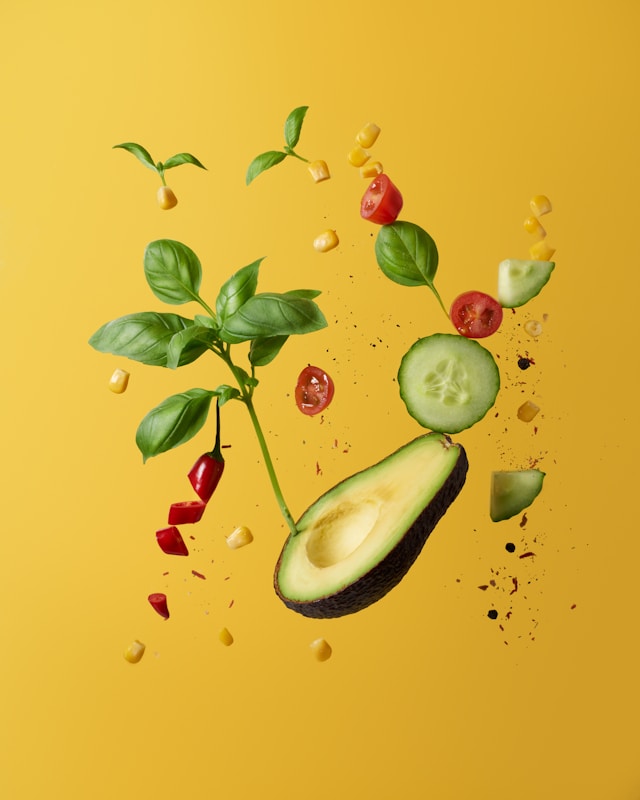 The benefits of organic food also extend to farmers through the production process. By reducing exposure to agrochemicals, a farmer working on an organic farm will be healthier than one on an inorganic farm. A farmer living near an organic farm is also at lower risk of pesticide drift, threatening human life.
The benefits of organic food also extend to farmers through the production process. By reducing exposure to agrochemicals, a farmer working on an organic farm will be healthier than one on an inorganic farm. A farmer living near an organic farm is also at lower risk of pesticide drift, threatening human life.
13. Supports a Healthy Environment
Farming organic foods benefit the environment by rebuilding soil health and preventing harmful chemicals from draining into water bodies. Organic farming also promotes diversity and reduces greenhouse gas emissions into the environment.
14. Reduces the Risk of Cancer
Given the absence of synthetic pesticides in organic foods, you will be at low risk of cancer from consuming them. Many studies have revealed that organic foods reduce the levels of cancer-causing glyphosate.
15. No Sewage Sludge
Sewage sludge is the wastewater treatment byproduct. It contains hazardous materials, and once treated, farmers apply it to their farms as a fertilizer, making its way into inorganic foods. However, organic foods are safe as their management is per defined planting, raising, and handling processes. The prohibition of sewage sludge in organic farming ensures the safety of the final product to the final consumers.
16. Protects Water Sources from Toxic Runoffs
Food production also affects the water bodies. Toxic runoff from farms carries agrochemicals into the nearby streams. These chemicals, containing leached nitrogen and urea, cause algae blooms in the water bodies, consuming the energy and blocking sunlight. The result is the creation of dead zones, affecting the survival of aquatic plants and animals.
17. Organic Farming Benefits Animal Welfare
The advantages of organic food production also extend to livestock by affecting their environment. Organic farming demands farmers to comply with certain treatment for their livestock, including all-year-round access to outdoor spaces, enough exercise space, dry and clean bedding, shelter, shade, and access to clean water. This is unlike factory farms in inorganic farms characterized by inhumane conditions.
18. Makes People Value their Food More
While organic food is more expensive on average, people will value their food more if they spend money on it. In the long run, this will promote the local economy.
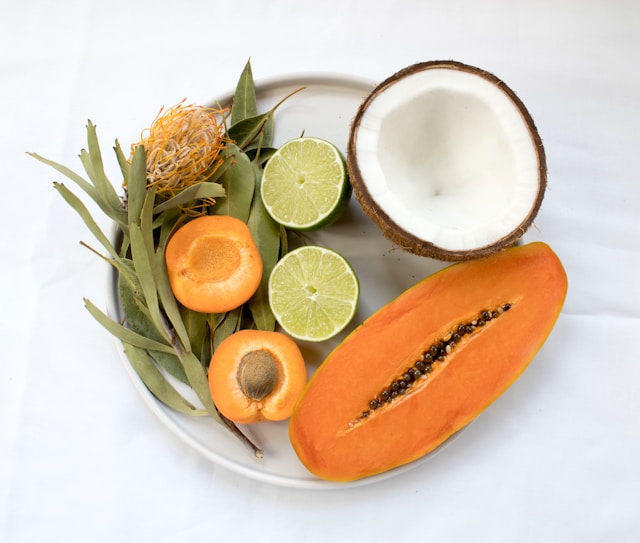 Commonly Asked Questions about Organic & Non-Organic Foods
Commonly Asked Questions about Organic & Non-Organic Foods
Are Organic Foods Healthier than Non-Organic Foods?
There is evidence to suggest that organic foods may be healthier than non-organic foods. Organic foods are richer in antioxidants and vitamins than non-organic foods. Organic foods also contain lower levels of harmful chemicals such as pesticides and herbicides.
Do Organic Foods Have More Nutrients?
Studies have shown that there is no significant difference in the nutrient content of organic and non-organic foods. However, organic foods are often grown in healthier soils, which can result in better nutrient uptake by the plants.
Why Are Organic Foods More Expensive?
Organic foods are more expensive than non-organic foods because organic farming practices require more labor and resources. Organic farmers also have to pay certification fees and comply with stricter regulations, which add to the cost of production.
Do Organic Foods Taste Better?
Taste is subjective, and it depends on personal preference. However, some people prefer the taste of organic foods because they are grown in healthier soils and without the use of synthetic pesticides and herbicides.
Conclusion
As people become enlightened about their health and the environment, the quest for organic food production is rising. As highlighted above, organic foods are a healthier and more environmentally friendly option. While organic foods may be more expensive, they offer many health and environmental benefits, making them worth considering in your diet. These foods also grow without harmful chemicals, have higher levels of antioxidants and vitamins, and promote sustainable farming practices, resulting in a healthy environment with healthy people.






